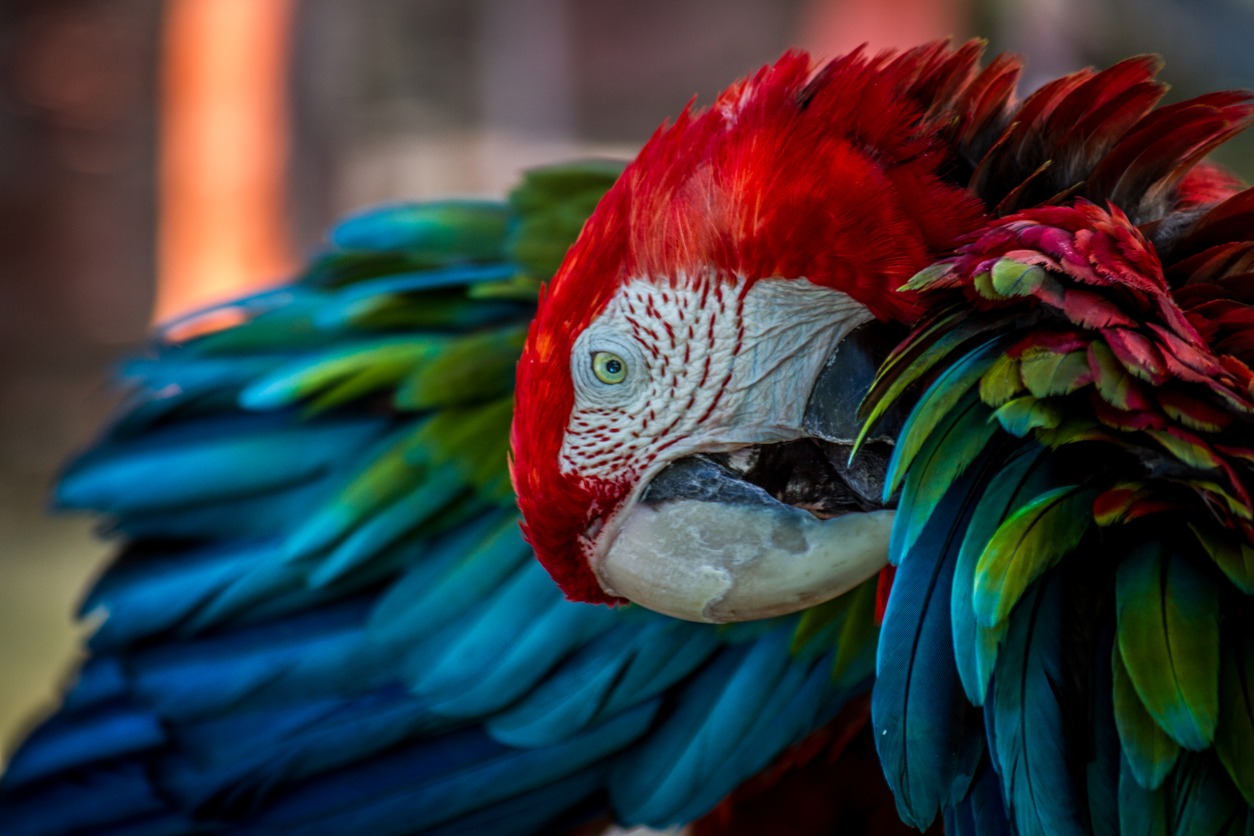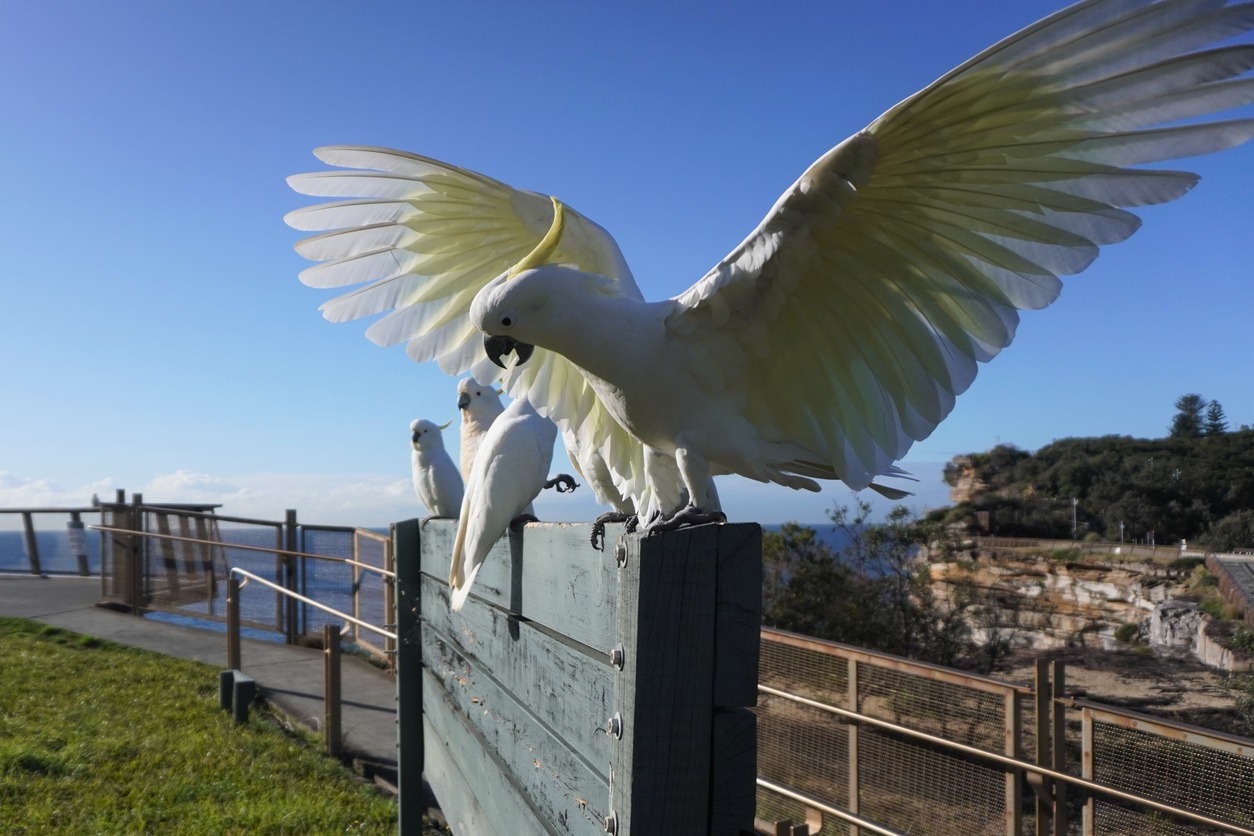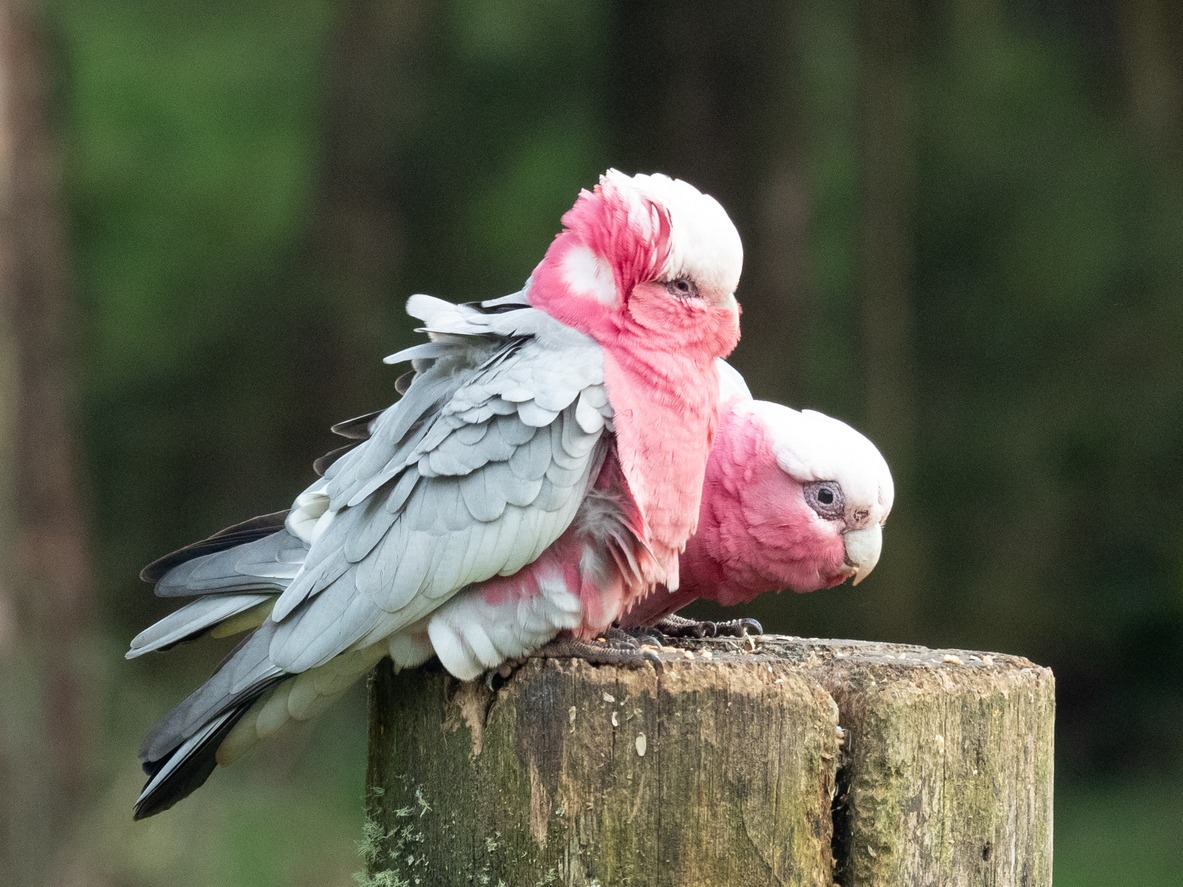Feather plucking, a behavior commonly observed in birds, has long been a subject of concern and curiosity among bird owners and enthusiasts. Whether you are a new bird owner or an experienced avian lover, understanding the causes, effects, and possible solutions to feather plucking is crucial for the well-being of your avian friend.
Understanding feather plucking
Feather plucking, also known as feather picking or self-mutilation, affects numerous species of birds, from parrots to cockatoos. While some cases may be attributed to medical conditions such as hormonal imbalances or nutritional deficiencies, others are rooted in psychological stressors. Birds that are bored, lonely, or experiencing changes in their environment can often resort to feather plucking as a coping mechanism.
The physical and psychological effects of feather plucking on birds cannot be understated. Not only does it compromise their ability to fly and regulate body temperature, but it also impacts their overall well-being.
Feather plucking can lead to open sores and infections, causing immense pain and discomfort for our feathered friends. Furthermore, the underlying psychological distress can manifest in other behavioral issues, such as aggression or excessive vocalization.
Common causes of feather plucking in birds
One of the primary triggers for feather plucking in birds is stress and boredom. Birds are highly intelligent and social creatures that require mental and physical stimulation to thrive. When they are kept in environments that lack enriching activities or social interaction, they often resort to feather plucking as a means of self-soothing or coping with their anxiety.
Another common cause of feather plucking is nutritional deficiencies and improper diet. Birds require a balanced diet consisting of fresh fruits, vegetables, high-quality pellets, and a variety of seeds.
Lack of essential nutrients can lead to feather plucking as the bird’s body tries to compensate for the deficiency. Ensuring a proper diet, with guidance from avian veterinarians, is essential in maintaining their overall health and preventing feather plucking.
Medical conditions and underlying health issues can also contribute to feather plucking behavior in birds. Skin infections, allergies, parasites, hormonal imbalances, and even certain diseases can cause discomfort or itchiness, leading the bird to pluck their feathers.
Furthermore, environmental factors play a significant role in a bird’s mental and physical well-being. Exposure to harsh chemicals, strong odors, loud noises, or even inadequate lighting can cause stress and anxiety in birds, leading to feather plucking.
How to prevent birds from resorting to feather plucking
Identifying the root cause is crucial in developing a targeted approach to prevent this behavior. Seeking advice from an avian veterinarian is essential to rule out any potential health issues that may be causing the plucking.
Creating a stimulating environment for your bird
Birds thrive in an environment that challenges their mental and physical abilities. By providing a stimulating and enriching setting, you can redirect their focus and prevent destructive behaviors like feather plucking.
Ensure your bird’s cage is adequately sized, allowing ample room for exercise and exploration. Include natural perches of various sizes and textures to mimic their wild habitat.
Offer a wide range of toys that encourage foraging, problem-solving, and physical exercise. Rotate toys regularly to maintain novelty and prevent boredom.
Birds are highly social animals and require regular interaction with their human companions. Spend quality time with your bird, engaging in activities like training sessions, gentle play, and socialization with other birds if appropriate.
Ensuring a proper diet
A balanced and nutritious diet is vital for your bird’s overall health and can significantly reduce the risk of feather plucking. Consult with an avian veterinarian or an avian nutritionist to determine the most appropriate diet for your bird’s species, age, and specific needs. Incorporate fresh fruits, vegetables, high-quality pellets, and a variety of safe, bird-friendly treats into their daily meals.
Behavioral training
Positive reinforcement techniques can work wonders in redirecting your bird’s behavior away from feather plucking.
Provide your bird with safe alternatives to plucking, such as toys, puzzle feeders, or chewable items. Reward positive behavior and offer praise when your bird engages with these alternatives.
Identify and eliminate potential stressors in your bird’s environment. This may include reducing noise levels, avoiding sudden changes, or ensuring a consistent day-night cycle.
If feather plucking persists despite your best efforts, consult an avian behaviorist who can provide specialized guidance and develop a tailored plan to address your bird’s specific needs.
Treatment options for feather plucking
Seeking guidance from avian professionals, such as avian veterinarians or bird behaviorists, can provide valuable insight and expertise in treating feather plucking. Joining support groups or online forums for bird owners can offer a sense of community and shared experiences, as well as access to advice and tips from others who have dealt with feather plucking in their own birds.
Treating feather plucking can be a lengthy process, and it is important for bird owners to remain patient and consistent in their efforts. It may take time to identify the underlying cause and find the most effective treatment approach for each individual bird. It is crucial to maintain a consistent routine and provide ongoing enrichment and care to prevent relapses.
Once a treatment plan has been implemented, it is important to closely monitor the bird’s progress and make any necessary adjustments. Regular check-ups with an avian veterinarian can help ensure that the treatment plan is still appropriate and effective. Feather plucking may require ongoing management and reassessment to achieve long-term success.
By exploring and implementing these treatment options, bird owners can take proactive steps to address feather plucking in their feathered companions. Remember, every bird is unique, and it may take time to find the right combination of treatments and approaches that work best for a particular bird.
Conclusion
Feather plucking is a complex issue that can have various causes and effects on birds. It is important for bird owners to be aware of the potential triggers for this behavior and to seek professional help if necessary. With proper care and attention, feather plucking can be managed and potentially resolved, leading to a happier and healthier bird.



